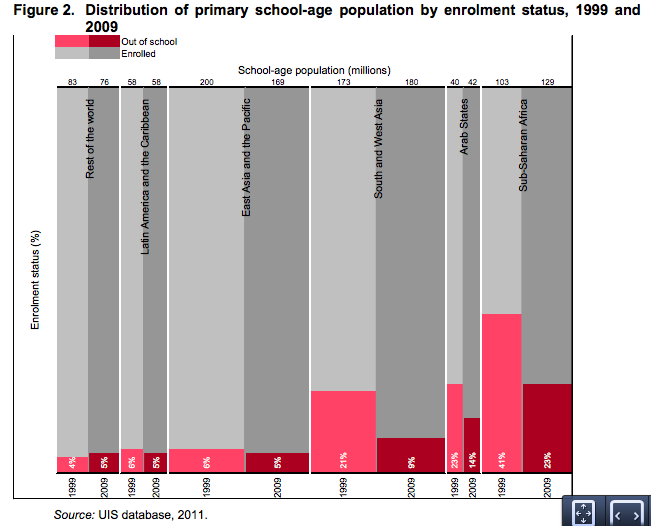Last week we shared excellent news from OLPC México: Sonora’s plans to distribute XO laptops to 350,000 children across their state over the next three years. A few days later the head of Microsoft in Mexico commented in a Sonoran newspaper that ‘while giving computers to students is a good thing, the Sonora project will fail because XO laptops use Linux instead of Windows.‘
In the same article the Microsoft spokesperson claimed the OLPC project in Uruguay had been a failure due to “Internet security and privacy issues” and that it changed to Wintel machines. Miguel Brechner, head of Plan Ceibal in Uruguay, corrected those misimpressions. There are 570,000 XO laptops in Uruguay schools, all running Sugar for elementary school students and Linux for middle school students, with no security or privacy problems. While dual-booting Windows was available for years as an option for OLPC deployments, almost none chose that option. (Uruguay tested it out, but opted for Gnome-on-Fedora instead.)
This misinformation from Microsoft is a pity; they seem to have no internal incentives to make accurate statements or to advance education. We applaud the work of the Sonora and Uruguay communities to their students, and look forward to their continued success!


